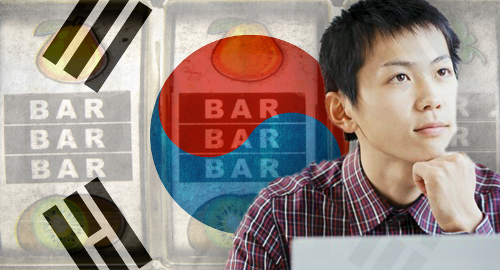 South Korea’s problem gamblers are skewing younger and local authorities claim online gambling is to blame.
South Korea’s problem gamblers are skewing younger and local authorities claim online gambling is to blame.
Recently, the Korea Center on Gambling Problems (KCGP) submitted a report to South Korea’s National Assembly detailing what it claims is a doubly troubling phenomenon: problem gamblers are getting younger, and younger problem gamblers are most resistant to treatment programs.
The KCGP’s latest figures showed that, while the majority of gamblers who sought treatment for problem gambling behavior last year were in their 30s, the number of teenagers who sought treatment totaled 1,027, a six-fold increase over the 168 who sought treatment in 2015.
Even more worrisome, teenagers ranked dead last (23%) among all age groups in terms of quitting gambling after receiving treatment from KCGP programs. In 2016, that figure stood at a respectable 48% but the rate has been steadily falling ever since.
The KCGP claimed that the overwhelming majority (95%) of the gambling-addicted teens had developed their bad habits through visiting online gambling sites. Online gambling remains a strictly prohibited activity in South Korea, which permits local residents to wager only on sports and various racing events, as well as local lotteries and one brick-and-mortar casino (Kangwon Land).
Without casting aspersions on the KCGP’s data, a more definitive snapshot of the nation’s gambling habits is currently being prepared by the Korea Centers for Disease Control and Prevention (KCDC), which added gambling questions to the 2019 regional health survey it conducts every two years. The results of this survey won’t be made public until 2020.
In the meantime, the Korea Communications Commission (KCC) announced plans in February to block international online gambling sites by eavesdropping on Server Name Indication (SNI), a more effective method than the Domain Name Server-blocking the KCC previously employed.
That same month, the National Police Agency (NPA) announced plans to establish seven local branches of its new anti-gambling cyber squad in a bid to reduce the “many social problems” associated with online gambling. The online sector is believed to account for around 30% of South Korea’s unauthorized gambling market.
The NPA’s own statistics show either that it is getting better at stamping out unauthorized online gambling operators or these operators are getting better at eluding detection. The NPA made 9,394 online gambling arrests in 2016 but only 2,947 in 2018.